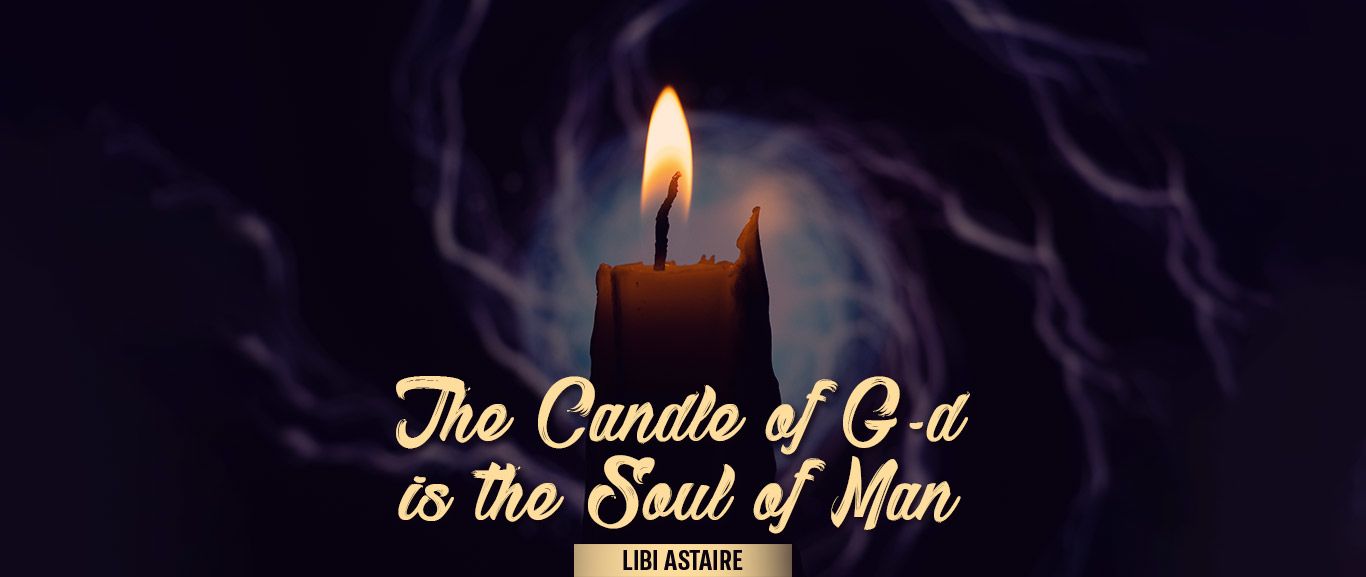
The Candle of G-d is the Soul of Man
There were no eager, last minute preparations for the coming Chanukah holiday that day in Bergen Belsen. Instead, the starving and sick Jews waited...

In Kislev we celebrate Chanukah, when we remember the many miracles God performed for us during a period of great darkness for the Jewish people. Although there are many festive customs associated with the holiday – eating foods fried in oil, playing dreidel, etc. – Chanukah, in its very essence, is an intensely spiritual holiday.
The lights of the Chanukah menorah that we kindle in our homes are a reminder both of the Menorah in the Temple in Jerusalem and the light that shines brightly within each one of us. For as it says in Proverbs 20:27: “The candle of God is the soul of man.”
Our determination to keep this light burning was never more apparent than during the Holocaust, as the following story shows.
There were no eager, last minute preparations for the coming Chanukah holiday that day in Bergen Belson. Instead, the starving and sick Jews waited silently in line while three German commandants casually made their selections.
The Germans, meticulously outfitted in their fine uniforms, stood in stark contrast to the Jews, who were dressed in the ragged and lice-infested garb of the concentration camp inmate. But it was not clothing alone that marked a distinction between the two groups, for the Germans were in high – even holiday – spirits. The Jews, in contrast, awaited the death sentence with stony silence.
“Komme!” one of the commandants said, as he pointed his white-gloved finger at a Jew. “Komme, komme.”
One by one the Jews who had been selected stepped forward. The group was then marched outside – where SS troops stood waiting for them – and mercilessly beaten to death.
Then the nightmare began all over again.
“Komme,” the commandant barked. “Komme.”
The killings ended precisely at sunset. The Germans, punctual as always, marched back to their quarters just as the time for kindling the first light of Chanukah arrived.
Days before, at the risk of death, several Jews had gathered together the materials needed to perform the mitzvah of kindling the Chanukah lights. A wooden clog, one of the prisoner’s shoes, would serve as the Chanukah menorah. Instead of oil, they would use black shoe polish for fuel. A string from a camp uniform could be used as a wick.
When all was ready, the Bluzhover Rebbe, Rabbi Yisroel Singer, was invited to light the “menorah.”
Before kindling the first light, Reb Yisroel, his heart heavy with sorrow, chanted the first two blessings:
Blessed are You God, our Lord, King of the Universe, Who has sanctified us with His mitzvot and commanded us to kindle the Chanukah light.
Blessed are You God, our Lord, King of the Universe, Who performed miracles for our ancestors, in those days, at this time.
There was still one more blessing to say before he lit the Chanukah menorah. At any moment the Germans might burst into the barracks. If the SS troops discovered the Jews in the midst of kindling the Chanukah lights, it would mean certain death for all of them.
But instead of quickly proceeding to the third blessing, Reb Yisroel suddenly stopped. He turned and looked at the throng of Jews who were crowding around the table, as if he were searching for the answer to some troubling question. Then he just as suddenly returned his gaze to the “menorah” and called out in a strong and clear voice:
Blessed are You God, our Lord, King of the Universe, Who has kept us alive, sustained us and brought us to this time.
Reb Yisroel kindled the wick and there, in a barracks at Bergen Belson, the light began to burn.
Afterwards, one of the Jews came up to Reb Yisroel with a question.
“Rebbe,” the man said, “I can understand why we need to light the Chanukah lights during these dark times. And I can even understand why we should thank God for all the miracles He did for us in the past.
“But why,” the man continued, “when hundreds of dead Jewish bodies are lying just a few feet away from this menorah and thousands more are being massacred every day, should we recite that third blessing and thank God for keeping us alive at a time like this?”
“I had the same question,” the Bluzhover Rebbe replied. “That’s why I stopped before reciting the final blessing. I wanted to ask the advice of my fellow Rabbis to see if it was, indeed, permissible to recite such a blessing during these terrible times. But when I turned and saw the faces of all the Jews eagerly crowding around me – when I saw their eyes alive with fire and love for this mitzvah – I knew that not only was it permissible, it was obligatory!
“After being privileged to see with my own eyes,” the rebbe continued, ” that the faith and the fervor of the Jewish people still lives – despite all that we have endured – how can I not thank God for keeping me alive to see this time.”
***
Libi Astaire is the author of Choose Light! Chassidic Tales for Chanukah, Rosh Hashanah, Sukkos, Passover & Shavuos; Breakfast with Rav Zusha and Other Stories to Wake Up Your Soul; and the award-winning Jewish Regency Mystery Series. Visit her website for more information about these and other books.


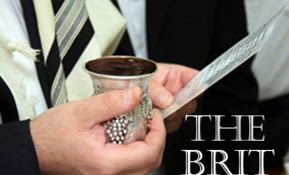
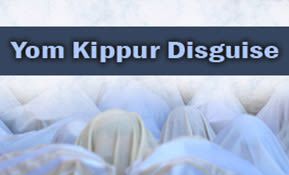

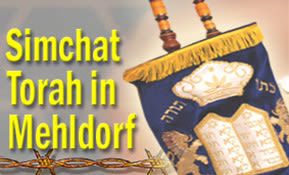

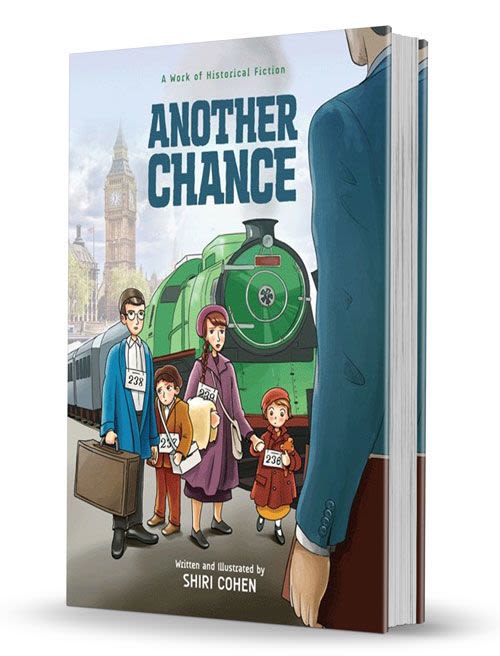
Tell us what you think!
Thank you for your comment!
It will be published after approval by the Editor.